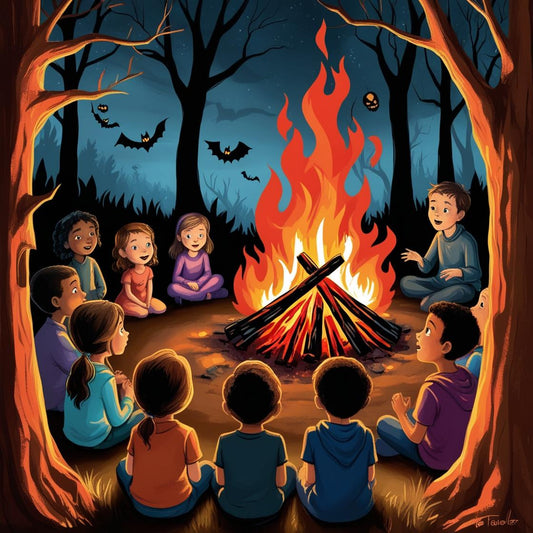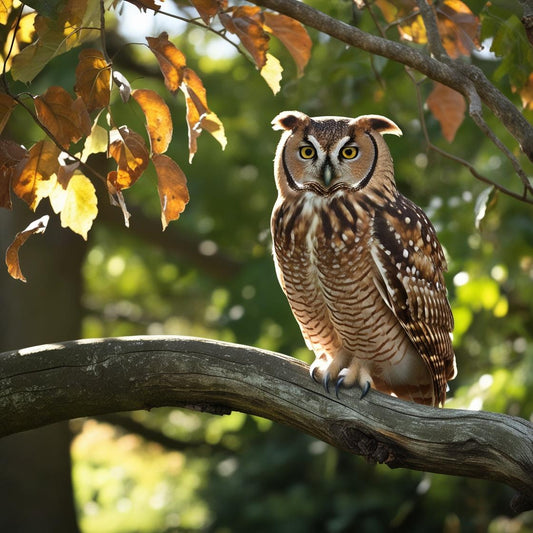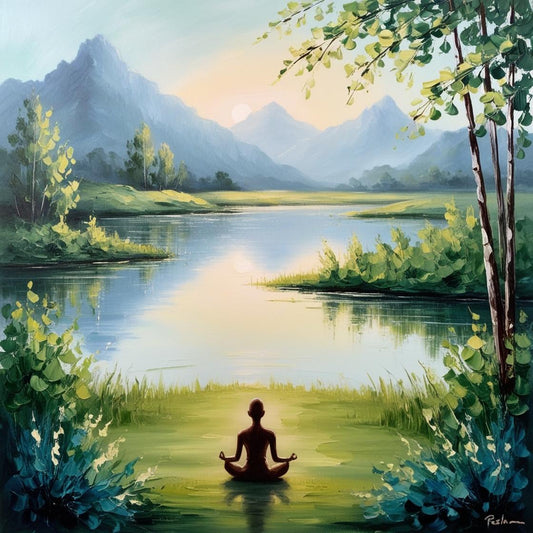Q. What was the moment you fell in love with outdoor adventuring, and how has it shaped your life since?
A. I did the same old things every day, each week rolled seamlessly into the next. By the end of every year the same thoughts crept in, ‘A new year already, that year went by so quick’. At the end of 2020, I decided that something had to change.
In the previous few months I had been watching videos of people going out wild camping. I really enjoyed the videos but had no idea whether I would enjoy being alone on a mountain top or out among the trees once it got dark.. It turns out that it is exactly what I needed.
Since my first camp my life has changed immensely. I have a much better appreciation for our wild places and for the time that I get to spend out in nature. I have used the outdoors to push my comfort zones, which has helped me to be much more outgoing and willing to try new things.
The weeks no longer roll by, I can look back on the year and think of all the experiences that I have had and the places that I’ve seen. I’m finally living my life and it’s all thanks to adventuring in the outdoors and taking a chance on something new.
Q. What are some essential safety tips you've learned through your experiences that you can share with our readers?
A. There are some easy ways to keep yourself safe while out and about. Keeping in contact is important, I always let someone know where I’m going, what route I’ll be taking and when I should be back. I try to check in at certain points too with a quick text ‘Made it to the summit’ ‘The tent is set up now, all good’, simple things. If you don’t check in or arrive home at a certain time the alarm can be raised. It also gives an added peace of mind to you and your loved ones which is always a good thing.
Medical kits, a small one will do the trick so keep it simple. A few bits to clean a cut and patch it up, some water purification tablets in case you run out of water, compeed for blister prevention, some electrolyte tablets to keep you hydrated and a foil sheet just in case. I have tried using zip lock bags to save weight but found that it was often overlooked and being left behind. If it’s in a red bag it can be found easily in your pack and chances are it won't be left behind when you are packing.
Be prepared for the unexpected. Make sure that you wear adequate footwear designed for the terrain you will be hiking on. Have additional layers in a dry bag inside your pack in case the temperature drops and always take waterproof clothing. On the hottest days of the summer, take your waterproofs. Not only are they essential for that unforecasted shower of rain but they can help you to regulate your body temperature. I often use mine to protect me from the effects of wind chill which can be very hard to contend with otherwise.
Carrying small items like a water filter, a head torch and a small shelter as well as more food than you need would be a good idea. That way if you get delayed or the really bad weather rolls in you have some options, best of all you can hunker down until it passes and have enough supplies to get you by.
Q. How do you prepare for an expedition, both mentally and physically? and what advice would you give someone looking to embark on their first major outdoor adventure?
A. I have my struggles when heading out even for a little overnighter. I often find it difficult to get myself through the front door. Anxiety creeps in to torment me, dad guilt kicks in and the camp that I’ve been looking forward to all week now seems like a daunting task. By chipping away at it over the last few years, bit by bit it has been getting easier. I try to stay as active as I can, after a back injury put me out of action I have really focused on my physical health. Losing weight and strength training have made a huge difference in my energy levels and have made my hikes that bit easier.
For anyone planning their first big adventure I would say to start off with smaller adventures. Whether that is an overnight camp or an hour in the woods for a cup of tea. They all give you the chance to test your gear and become familiar with it.
The more you go out the more confident you will become. I often make mistakes and have learned the most valuable lessons from them. When you move on to planning the bigger adventures you will have your kit dialled in, some mistakes made, lessons learned and a lot more confidence to get you out there.
Q. Can you share your must-have piece of gear for any adventure and why it's essential? and have you ever had a gear failure in the wild? How did you manage the situation?
A. Trekking poles are one of those items that I never saw the need for, that is until I decided to give them a try. It turns out that they are invaluable and have made my hikes so much easier. Always having more than one point of contact with the ground has prevented me from falling countless times and saved even more rolled ankles. Crossing uneven terrain and streams are so much easier and safer with them. Not to mention they help to take some pressure off your joints as you ascend and descend the steeper sections. I would never go hiking without them.
The only piece of gear that I remember failing was a tent, I had got pitched up and then the weather changed pretty quick. My tent was being battered by the wind and the rain started to get in through the top vent. I checked the forecast which had drastically changed since earlier that day. It showed the weather would only get worse through the night. Not wanting to have a soggy, cold night and risking breaking my already battered tent, I decided to get packed up. I took my time and got down off the mountain safely before the worst of the weather hit.
Q. In what ways do you practise Leave No Trace, and why is it important for the outdoor community?
A. I always try to leave the area a little better than when I found it so if I see some litter I often pick it up and take it with me. I carry an old dry bag clipped around the strap on my back pack so that I can keep the litter I collect away from my gear. It also means that picking up what I can doesn’t slow me down too much as the dry bag is close to hand.
I have recently decided to dedicate some of my free time to cleaning up some outdoor areas that are pretty badly trashed. Instead of trying to haul large amounts of litter while I’m out rambling, I’ll return another day to clear it up. This is something that I want to do to help protect our wild places, and the flora and fauna that live there.
Leave no trace is extremely important, it protects the habitats that we know and love, maintaining it for future generations. If each of us did a little bit to make things a little better we would all benefit.
Q. How do you envision the future of outdoor adventuring, considering the growing interest and the need for conservation?
A. There are some negative aspects to an increase in the popularity of outdoors adventuring and there will be a lot of challenges in the future. I believe that social media has a significant role to play. If those on social media who show the fancy gear and the sexy views can also teach people about leaving no trace and the need for conservation, then it might be better understood as to why it is so important. Everyone can do their bit by simply being responsible for themselves and their actions.
With all the benefits the outdoors brings into our lives, it is crucial that we all do our bit to help conserve what we have left and to build on protecting habitats for the future.
My channel name is 'Rambling On' on YouTube. Here is a link if you would like to check it out: youtube.com/ramblingon





